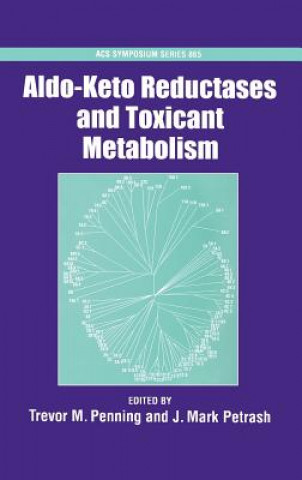
Code: 04736653
Aldo-Keto Reductases and Toxicant Metabolism
by J. Mark Petrash, Trevor M. Penning, Trevor M. Penning
Aldo-Keto Reductases and Toxicant Metabolism provides an overview of the rapidly growing Aldo-Keto Reductase (AKR) superfamily and its role in the metabolism of endogenous and exogenous toxicants. This book discusses the ability o ... more
- Language:
 English
English - Binding: Hardback
- Number of pages: 272
Publisher: Oxford University Press Inc, 2003
- More about this

You might also like
-
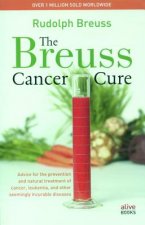
Breuss Cancer Cure
55.53 zł -9 % -

Other Slovakia
110.26 zł -5 % -

Churchill Factor
70.97 zł -23 % -
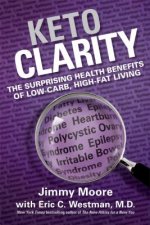
Keto Clarity
105.59 zł -12 % -

Mountaineering in the Ecrins Massif
78.38 zł -15 % -

Politics of Motherhood
267.55 zł -

More the Merrier
47.71 zł -23 %
Availability alert
Enter your e-mail address and once book will be available,
we will send you a message. It's that simple.
More about Aldo-Keto Reductases and Toxicant Metabolism
 Book synopsis
Book synopsis
Aldo-Keto Reductases and Toxicant Metabolism provides an overview of the rapidly growing Aldo-Keto Reductase (AKR) superfamily and its role in the metabolism of endogenous and exogenous toxicants. This book discusses the ability of AKRs to metabolize endogenous toxicants including: sugar aldehydes, advanced glycosylation end products, and lipid aldehydes (products of lipid peroxidation decomposition). The relevance to diabetic complications is also stressed. The role of AKRs to metabolize exogenous toxicants including tobacco carcinogens (tobacco specific nitrosamine ketones and trans-dihydrodiols derived from polycyclic aromatic hydrocarbons), mycotoxins (aflatoxin dialdehydes), and unnatural aldehydes is covered in detail. In the case of PAH trans-dihydrodiols, a clear example is given that AKRs may not always be chemoprotective; in this instance, reactive and redox-active quinones are formed. What emerges is that AKRs play a central role in toxicant metabolism. Aldo-Keto Reductases and Toxicant Metabolism shows how evolutionary AKRs are conserved in prokaryotes through eukaroytes and can thus be considered primordial genes. They are also regulated by primordial stress signals (osmotic stress, reactive oxygen species, and electrophiles) to respond to toxic insult. The role of AKRs to respond to stress in vivo is given in a model of myocardial ischemia and re-perfusion injury. The power of functional yeast genomics is described to generate AKR null yeast strains and a resultant phenotype.
 Book details
Book details
Book category Books in English Medicine Pre-clinical medicine: basic sciences Physiology
- Full title: Aldo-Keto Reductases and Toxicant Metabolism
- Author: J. Mark Petrash, Trevor M. Penning, Trevor M. Penning
- Language:
 English
English - Binding: Hardback
- Number of pages: 272
- EAN: 9780841238466
- ISBN: 0841238464
- ID: 04736653
- Publisher: Oxford University Press Inc
- Weight: 490 g
- Dimensions: 236 × 159 × 18 mm
- Date of publishing: 09. October 2003
Trending among others
-
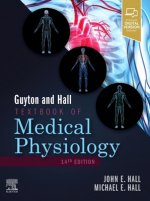
Guyton and Hall Textbook of Medical Physiology
527.39 zł -
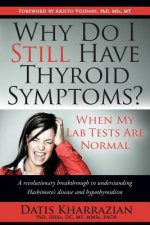
Why Do I Still Have Thyroid Symptoms? When My Lab Tests Are Normal
92.90 zł -
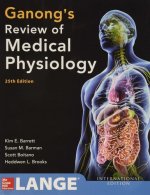
Ganong's Review of Medical Physiology, Twenty-Fifth Edition
163.47 zł -
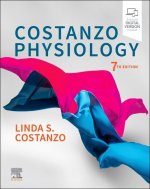
Costanzo Physiology
259.53 zł -7 % -

Swimming Anatomy
113.51 zł -9 % -

Holistic Anatomy
79.80 zł -12 % -

Dance Anatomy
121.33 zł -9 % -

Delavier's Core Training Anatomy
101.94 zł -8 % -
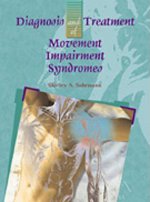
Diagnosis and Treatment of Movement Impairment Syndromes
371.52 zł -7 % -

Strength Training Anatomy Workout
121.33 zł -8 % -
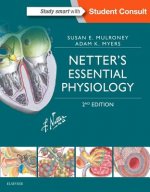
Netter's Essential Physiology
276.38 zł -6 % -
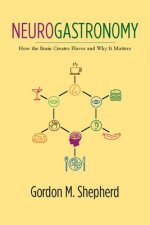
Neurogastronomy
78.68 zł -9 % -
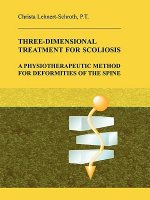
Three-Dimensional Treatment for Scoliosis
346.55 zł -
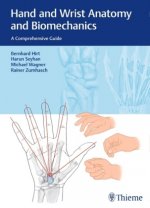
Hand and Wrist Anatomy and Biomechanics
384.12 zł -
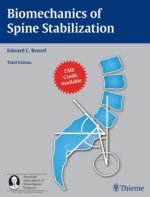
Biomechanics of Spine Stabilization
880.44 zł -
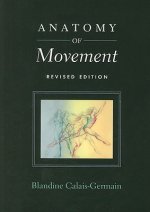
Anatomy of Movement
197.59 zł -

Human Physiology: An Integrated Approach, Global Edition
408.59 zł -
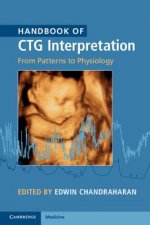
Handbook of CTG Interpretation
302.78 zł -
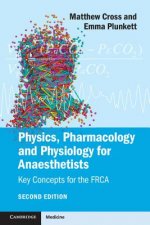
Physics, Pharmacology and Physiology for Anaesthetists
372.74 zł -
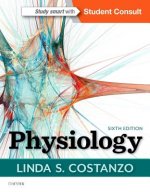
Physiology
247.65 zł -
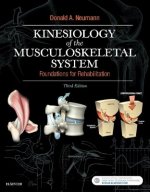
Kinesiology of the Musculoskeletal System
561.20 zł -
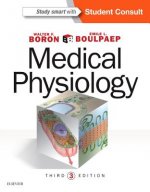
Medical Physiology
522.72 zł -6 % -

Boron & Boulpaep Concise Medical Physiology
544.24 zł -
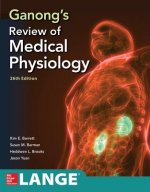
Ganong's Review of Medical Physiology, Twenty Sixth Edition
402.09 zł -
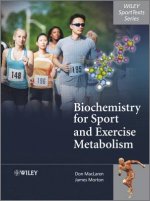
Biochemistry for Sport and Exercise Metabolism
363.40 zł -
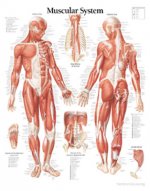
Muscular System with Male Figure Paper Poster
43.04 zł -10 % -
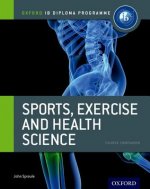
Oxford IB Diploma Programme: Sports, Exercise and Health Science Course Companion
437.12 zł -

Esoteric Anatomy
111.79 zł -11 % -
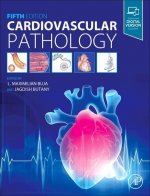
Cardiovascular Pathology
1134.29 zł -
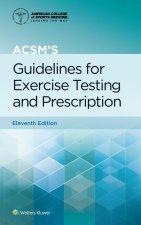
ACSM's Guidelines for Exercise Testing and Prescription
235.66 zł -2 % -

Earthing (2nd Edition)
144.48 zł -9 % -
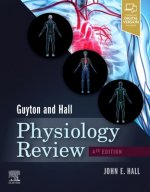
Guyton & Hall Physiology Review
212.01 zł -4 % -
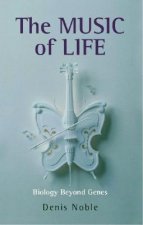
Music of Life
47.71 zł -23 % -
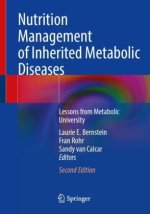
Nutrition Management of Inherited Metabolic Diseases
663.55 zł -
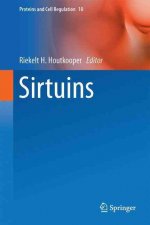
Sirtuins
740.22 zł -
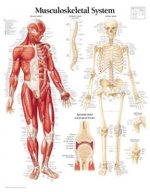
Musculoskeletal System Laminated Poster
62.64 zł -18 % -
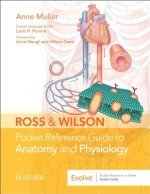
Ross & Wilson Pocket Reference Guide to Anatomy and Physiology
152.30 zł -
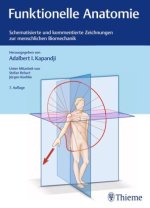
Funktionelle Anatomie der Gelenke
634.21 zł -
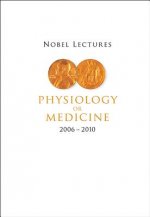
Nobel Lectures In Physiology Or Medicine (2006-2010)
205.71 zł -
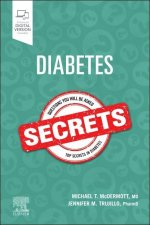
Diabetes Secrets
185.30 zł -
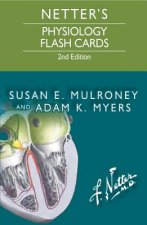
Netter's Physiology Flash Cards
161.24 zł -
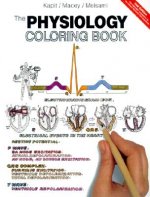
Physiology Coloring Book, The
127.83 zł -

Anatomy of Voice
152.30 zł -

Running
280.65 zł -4 % -
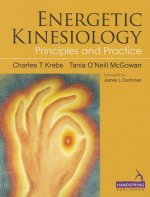
Energetic Kinesiology
328.27 zł -1 % -
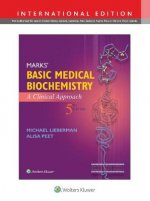
Marks' Basic Medical Biochemistry
258.81 zł -19 % -

Thinking Body
108.64 zł -2 % -
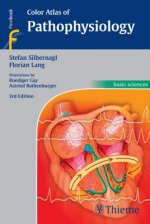
Color Atlas of Pathophysiology
220.84 zł -

Levick's Introduction to Cardiovascular Physiology
242.97 zł
safisfied customers
Since 2008, we have served long line of book lovers, but each of them was always on the first place.
Copyright! ©2008-24 libristo.pl All rights reservedPrivacyPoučení o cookies



 21 million books
21 million books Delivery 12.99 zł
Delivery 12.99 zł (32) 444 93 66 (8-15.30h)
(32) 444 93 66 (8-15.30h)